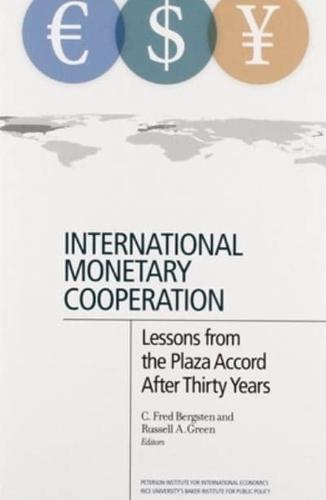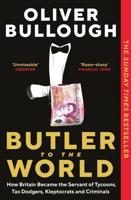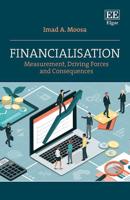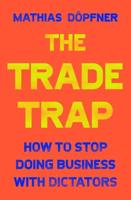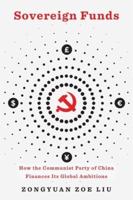Publisher's Synopsis
The issue of countries artificially manipulating the value of their currencies is at the center of most debates about trade in the United States today. Critics of liberalizing trade have charged, for example, that China has suppressed the value of its currency in order to make its exports cheaper and imports more expensive. Thirty years ago, however, the Reagan administration confronted Japan with the same accusation. Then in a secret meeting in 1985, finance ministers from the United States, Japan and three other major economies in the world gathered in New York City at the Plaza Hotel in an effort to resolve a crisis caused by that criticism. The Plaza Accord coordinated exchange rates among the countries present, in turn depreciating the dollar and restoring some equity to the global market. Was that meeting a success? Or did it usher in 30 years of tensions that have hurt, rather than helped, the cause of improved trade? In late 2015, policymakers and academics held a Plaza Retrospective conference in Houston to evaluate the accord's successes and drawbacks, and how its collaborative spirit can be applied to today's increasingly integrated world economy. This volume, with contributions by former Treasury Secretary James A. Baker III and former Federal Reserve chairman Paul A. Volcker, presents their analyses.


